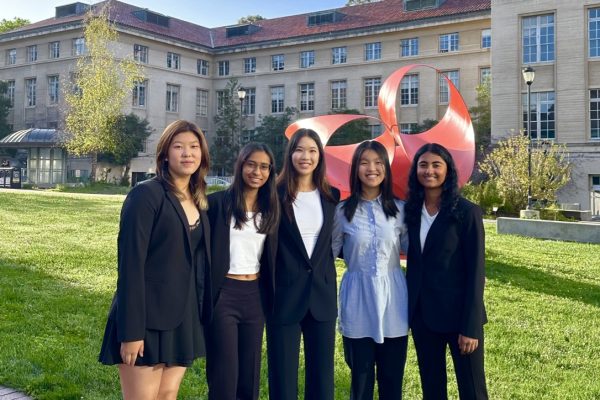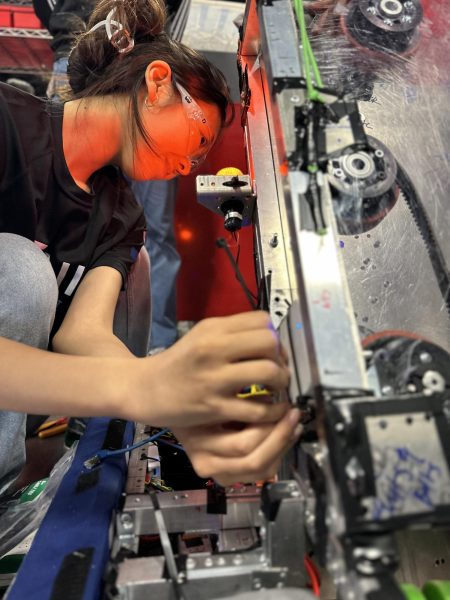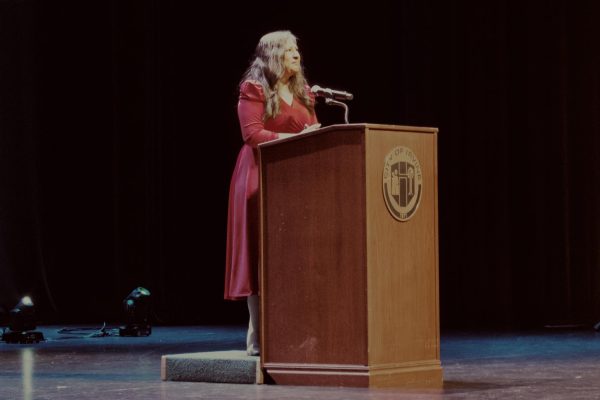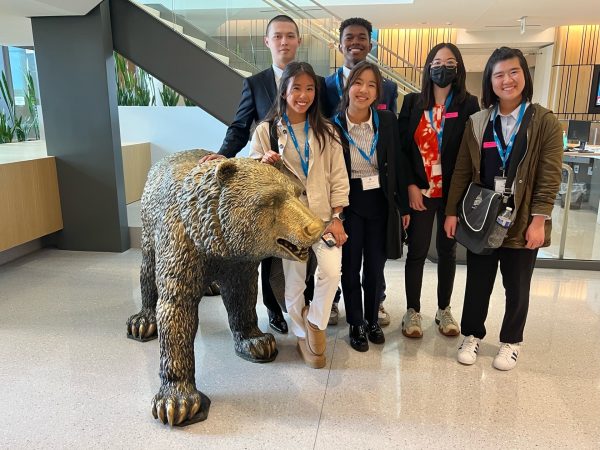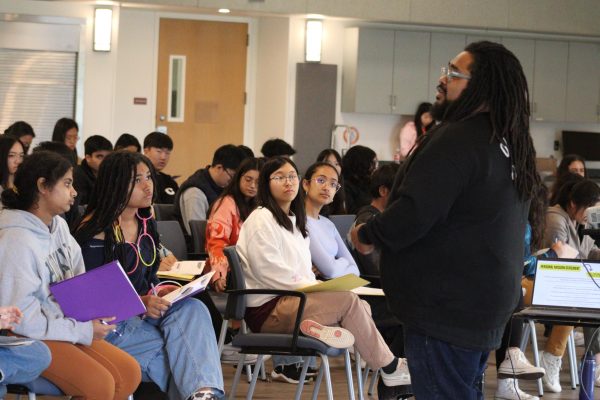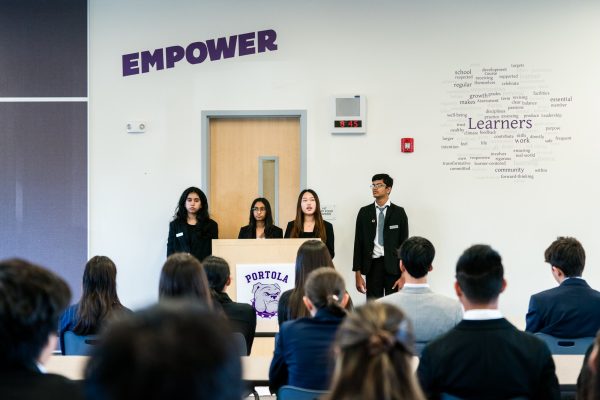North Korea’s Complicated Relationship with Nuclear Weapons
Photo Courtesy of the U.S. Department of Defense
U.S. Secretary of Defense James Mattis meets South Korean Minister of Defense Song Young-moo.
December 10, 2018
North Korea threatened in early November to resume production of nuclear weapons if progress is not made between the communist state and the United States in lowering tensions or negotiating sanctions, according to the Daily Express.
President Donald Trump and South Korean President Moon Jae-in have held several meetings in 2018 in which they discussed establishing peace, the prospect of denuclearization and the reunification of the Southern and Northern states, finally agreeing to work on a mutually beneficial solution.
It has been 65 years since the Korean armistice was signed, signifying the end of the violence in the peninsula. Since then, tensions between the communist, Soviet-and-Chinese-backed North and the American-backed South have constantly risen. While the South does not own any nuclear weapons, the North has been experimenting with and developing a nuclear program since 1985, against explicit orders by the United Nations security council.
Trump promised in a press conference in 2017 to double down on economic pressure against North Korea, calling Kim Jong-un “a madman who doesn’t mind starving or killing his people.”
However, on Dec. 3, President Jae-in spoke to reporters on his presidential plane, announcing that Trump now “has a very friendly view of Chairman Kim Jong Un and likes him. He hopes to fully carry out… agreements together with him so that he will make Chairman Kim Jong Un get what he wants,” but only after ensuring full denuclearization by the communist state.
Jong-un has shut down some of its nuclear programs, inviting international journalists, such as from CNN, to observe the destruction of several nuclear test tunnels as well as ended testing of intercontinental ballistic missiles (ICBM).
Reports only a few weeks after North Korea’s sign of good will, however show that the country has restarted its missile program. Several undisclosed nuclear bases were discovered by satellite and revealed increased activity.
“We’ve seen North Korea being open to reconciliation before,” social studies teacher Mr. Ralston said. “But time and again, after the U.S. raises sanctions, North Korea just reverts back to what it was doing. This time around, though, seeing South and North Korea competing in the Olympics and having talks might be different.”







